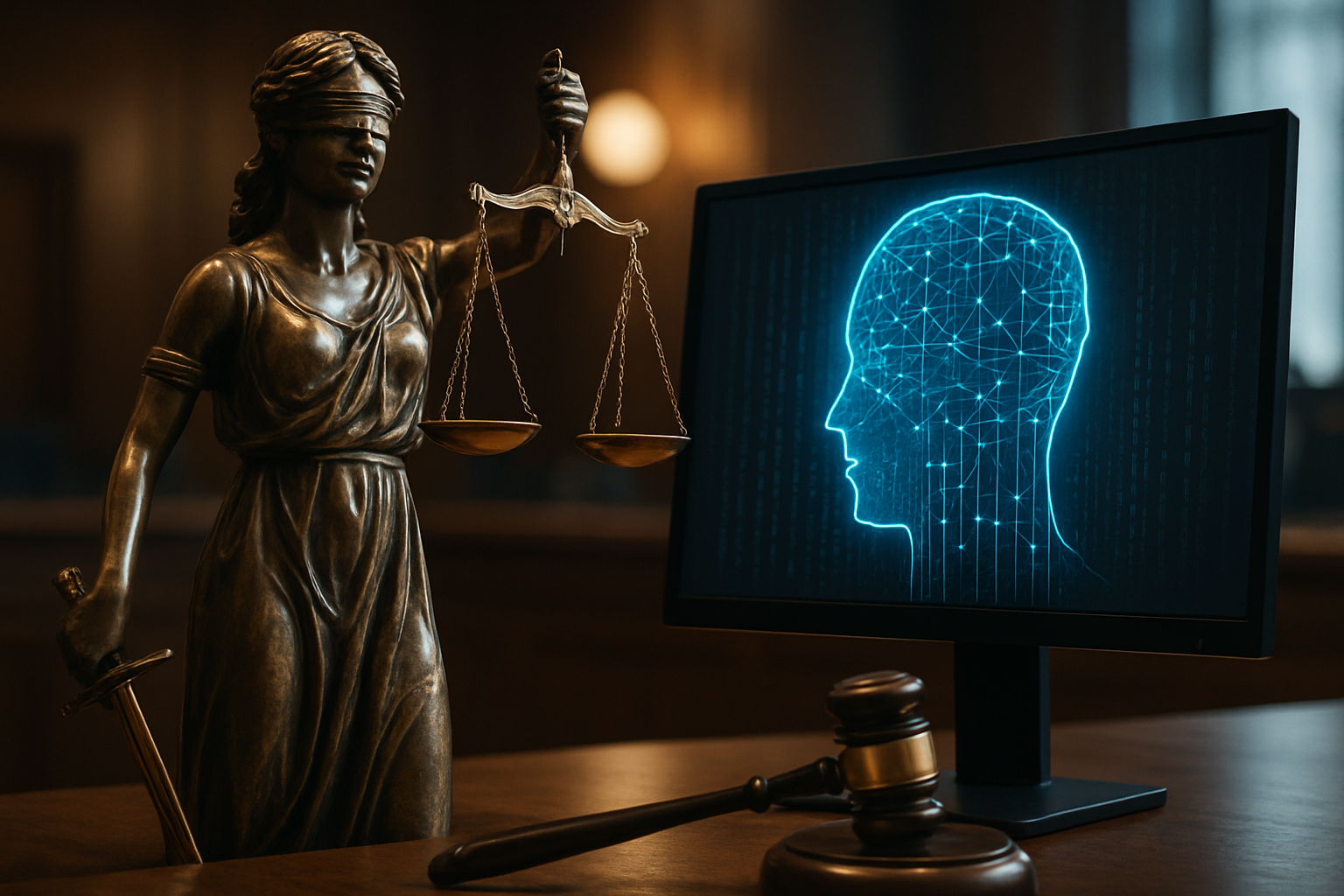Title: Revamping Legal Aid: Technology's Role in Access to Justice
Introduction: In an era of rapid technological advancement, the legal landscape is undergoing a profound transformation. This article explores how emerging technologies are revolutionizing legal aid services, bridging the justice gap, and empowering marginalized communities to access legal resources like never before.

Artificial Intelligence: A Game-Changer for Legal Aid
Artificial Intelligence (AI) is emerging as a powerful tool in the legal aid arena. AI-powered chatbots and virtual legal assistants are now capable of providing basic legal information, answering frequently asked questions, and even helping individuals fill out simple legal forms. These technologies are available 24/7, breaking down barriers of time and location that often impede access to legal services. Moreover, machine learning algorithms can analyze vast amounts of legal data, helping lawyers identify relevant precedents and strategies more efficiently, thus allowing them to take on more pro bono cases.
Mobile Apps: Bringing Legal Services to Your Fingertips
The proliferation of smartphones has opened up new avenues for legal aid delivery. Mobile apps are now being developed to provide on-the-go legal assistance, from reporting civil rights violations to accessing tenant rights information. These apps often incorporate user-friendly interfaces and step-by-step guides, making complex legal processes more navigable for the average person. Some apps even facilitate remote consultations with pro bono lawyers, extending legal aid services to rural and underserved areas.
Blockchain: Ensuring Transparency and Efficiency
Blockchain technology, known for its use in cryptocurrencies, is finding applications in legal aid services. By creating secure, transparent, and immutable records, blockchain can streamline processes like document verification and contract execution. This technology has the potential to reduce administrative burdens on legal aid organizations, allowing them to allocate more resources to direct client services. Additionally, smart contracts based on blockchain could automate certain legal processes, making them more accessible and affordable for low-income individuals.
Online Dispute Resolution: A New Frontier in Conflict Resolution
Online Dispute Resolution (ODR) platforms are transforming how legal conflicts are resolved, especially for those who cannot afford traditional court proceedings. These platforms use a combination of AI, negotiation algorithms, and human mediators to facilitate dispute resolution entirely online. ODR is particularly effective for small claims, landlord-tenant disputes, and family law matters, offering a faster, cheaper, and more accessible alternative to courtroom litigation.
Ethical Considerations and Future Challenges
While technology offers immense potential for improving access to justice, it also raises important ethical questions. Issues of data privacy, algorithmic bias, and the digital divide must be carefully addressed to ensure that technological solutions do not inadvertently create new barriers to justice. Legal aid organizations and policymakers must work together to develop frameworks that harness the benefits of technology while safeguarding the rights and interests of vulnerable populations.
Conclusion: A New Era of Accessible Justice
The integration of technology into legal aid services represents a paradigm shift in how we approach access to justice. By leveraging AI, mobile technology, blockchain, and online platforms, we can create a more inclusive and efficient legal system that serves all members of society, regardless of their economic status. As these technologies continue to evolve, they hold the promise of not just bridging the justice gap, but potentially eliminating it altogether, ushering in a new era of truly accessible justice for all.





